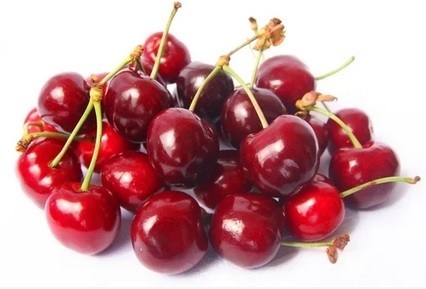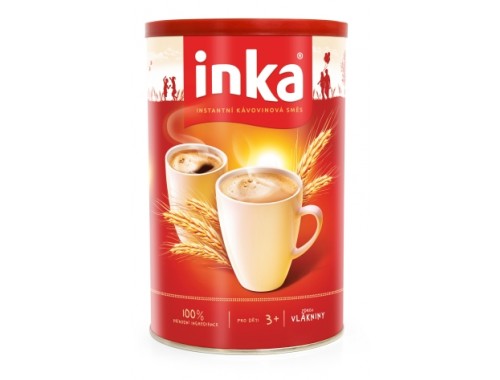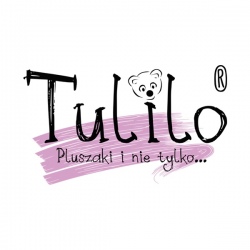Onion export. Polish onion is the best
The export of onions from Poland is a significant aspect of the agricultural and export sector, positioning the country among the top producers and exporters of onions in the European Union. Poland ranks as one of the largest onion producers in the EU, alongside Spain, the Netherlands, France, and Italy. Favorable climatic conditions and a well-developed agricultural infrastructure contribute to the production of onions, making them one of the primary vegetables cultivated in Poland. In 2023, the total area devoted to onion cultivation was approximately 30,000 hectares, and the domestic production hovered around 600,000 tons. Despite relatively good yields, the export of onions is sensitive to weather conditions, particularly adverse phenomena such as droughts and heavy rainfall, which can significantly impact harvests and the quality of the vegetable.
In 2023, Poland exported onions mainly to European Union countries, with the Netherlands, the Czech Republic, Slovakia, and Germany being the principal recipients. A portion of the exports also reached Eastern markets such as Ukraine, Moldova, and Belarus, although political situations and trade restrictions can influence the dynamics of this export. The value of onion exports in 2023 exceeded 150 million PLN, and the export volume surpassed 80,000 tons. Compared to the previous year, there was a 10% increase in exports, attributed to improved production conditions and higher demand for Polish onions in foreign markets.
The export of onions from Poland is characterized by seasonality, with the highest demand occurring during the autumn-winter period when the need for stored vegetables rises. Polish onions are valued for their quality and flavor, which result from cultivation in fertile soils and under suitable climatic conditions. However, Polish exporters face challenges related to competition from other onion-producing countries, particularly the Netherlands and Spain, which have developed irrigation systems and modern storage and transport technologies. The Netherlands, for instance, has significant storage capabilities that allow for year-round onion exports, while Poland still struggles with shortages of modern controlled-atmosphere storage facilities.
In the years 2023-2024, the export of onions from Poland was influenced by changes in the global onion market stemming from economic upheavals, inflation, and international transport costs. Rising energy prices affected production and storage costs, increasing export prices while simultaneously limiting the competitiveness of Polish onions against producers in countries with lower operational costs. Concurrently, global inflation and rising transport costs led to an increase in retail onion prices in target markets, which somewhat curtailed demand, especially in lower-income countries. As a result, the export of onions from Poland had to contend with pressures to maintain price competitiveness, particularly in the context of the European Union market, where sanitary and phytosanitary regulations are stringent, and product quality requirements continue to rise.
Despite the challenges posed by rising costs, Polish onions remain an attractive product for many foreign buyers due to their distinctive taste, health benefits, and longer storage potential. In 2024, forecasts indicate that export levels will remain high, with a possible increase of another 5%, provided favorable climatic conditions and price stability are maintained. The Polish government and agricultural organizations are taking steps to enhance onion exports, such as modernizing storage infrastructure and supporting producers in adopting modern cultivation and plant protection methods. These efforts aim to improve quality and production efficiency, thereby increasing the presence of Polish onions in foreign markets and enhancing their competitiveness.
Another significant factor influencing onion exports from Poland is climate change, which presents new challenges for producers in adapting to extreme weather conditions. In recent years, droughts and excessive rainfall have become more frequent, affecting the volume and quality of onion yields. In response to these challenges, Polish farmers are increasingly investing in irrigation systems and implementing agricultural practices aimed at reducing water losses and improving resource efficiency. In the long term, adapting to climate change is crucial for maintaining stable onion production levels and further developing onion exports. Additionally, climate change may impact the competitiveness of Polish onions, as an increasing number of countries in Europe and worldwide face similar issues, potentially leading to reduced supply in the international market and increased demand for onions from regions with more stable climatic conditions.
The export of onions from Poland also has a strategic dimension for the national agricultural economy, as it contributes to market diversification and increasing farmers' incomes. In the long term, the development of onion exports could help stabilize producers' incomes and reduce their dependence on the domestic market. Through exports, Polish producers have the opportunity to scale up production, translating to higher efficiency and better resource utilization. There are also plans to establish cooperation with countries outside the European Union, which could enhance market diversification and provide additional income sources for Polish onion producers. In terms of future prospects, investments in modern technologies and intensified international cooperation will be crucial for maintaining Poland's position in the onion market and further developing the agri-food sector.
- Economy
- Export
- International cooperation
- Construction
- Agriculture, Food
- Regional development, investment in Poland
- What's worth knowing
Agriculture, Food
Onion export. Polish onion is the best

Source: https://www.poland-export.com/

See also:

Chocolate and chocolate products from Poland
For years, Poland has been strengthening its position as one of the key exporters of chocolate products in Europe. Chocolate exports constitute an important segment of Polish foreign trade and cover a wide range of chocolate products

Cherry Export. Polish Cherries Around the World
The export of cherries from Poland is playing an increasingly important role in the international fruit market.

Cosmetics export. Cosmetics from Poland
The export of cosmetics and toiletries from Poland is developing at a dynamic pace, thanks to which Poland has gained the status of one of the leaders in the production and sale of these products in Central and Eastern Europe

Export of Windows: Window Joinery from Poland
Poland has been playing an important role on the international window market for many years, being one of the largest window exporters in the world.

FTA - Free Trade Agreements: Do They Exist and Can They Lower Tariffs?
Free Trade Agreements (FTAs) are key tools in international trade policy, aimed at reducing trade barriers...
Help needed ?
If you have not found the desired product, company, service or the searching results are not satisfactory for you, do not hesitate to contact us and tell what you are looking for or what you need. We will send your inquiry directly to the interested companies.
Write to us

 pl
pl  en
en  de
de  es
es  fr
fr  it
it  pt
pt  ru
ru  sv
sv 













.jpg)


